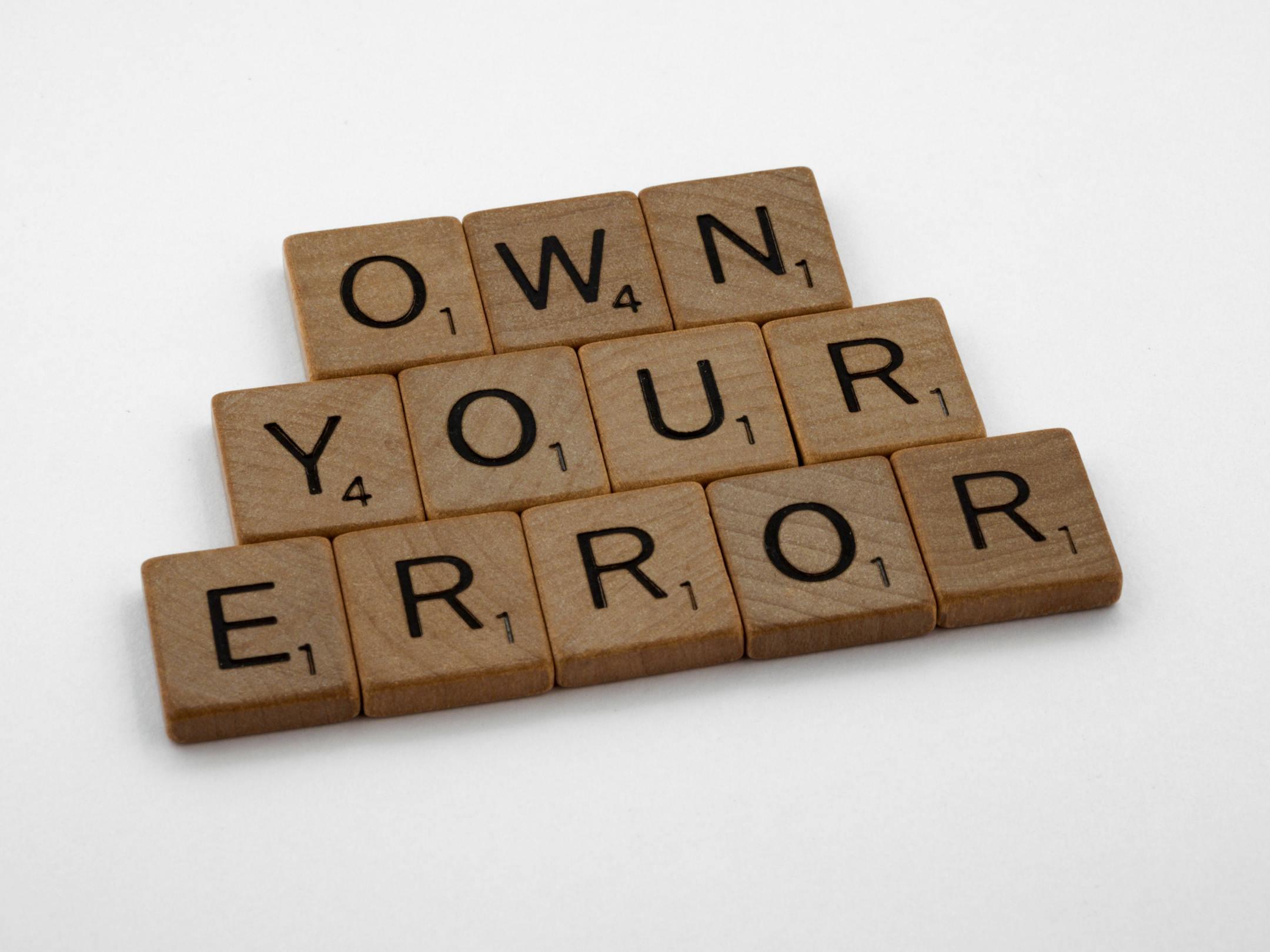
She did it! Dr. Really-good-at-her-job did it.
For months, she had been reaching out for coaching on a situation that was neither fair nor just. One of those case studies that never show up in leadership discussions, MBA classrooms, mentoring programs, or even with a trusted executive coach. Riddle me this telenovela: a story of promises not kept, backstabbing by Dr. Ally-in-name-only, power grabs, and all the elements of implicit bias that reveal why the system may never topple or be kind to a leader like Dr. Really-good-at-her-job.
Just kidding. This “case study,” as I call it, is discussed—at least once—whenever faculty of color gather, across every rung of the ivory tower, inside and outside our beloved institutions.
For months, a group of us advised and coached Dr. Really-good-at-her-job that, especially in this environment, she needed to stand up for herself. In the past I might have said, “Find the allies and sponsors,” but in this era it is painfully clear: faculty of color are on their own. It was already hard when diversity agendas were only half-hearted; imagine now.
So, she followed every proper channel. She didn’t do anything dramatic, just adhered to the principles of communication: speaking directly with her supervisor, reaching out to an ally or two, seeking coaching and advice, and communicating, communicating, communicating through roughly a zillion meetings, until her voice was hoarse and her spirit only slightly bruised. Because if there’s one thing Dr. Really-good-at-her-job knows, it’s how to navigate the chaos of leadership and the landmines planted by Dr. Ally-in-name-only, Dr. Wants-more-power, and Dr. Who-Me?
One of her champions even suggested she talk to a lawyer, and she did, only to discover many legal claims and that the cost to her career would outweigh any possible outcome. Dear reader, I admit I checked with friends: few of us can recall an institutional grievance against top leaders that ever ended in true accountability.
Dr. Really-good-at-her-job did everything, the kind of everything that brings peace of mind because there’s nothing more to be done. She did it right, and in doing it right, she felt she was standing up for every other workplace injustice. She told me she felt good, and that if nothing else she hoped her leaders would finally see the situation for what it was: a series of unfair decisions steeped in implicit bias and a lack of awareness. I’m proud of her. Still, unless someone else raises the issue, I’d be surprised if those leaders ever reach that awareness. That’s where people like me, in my role, come in.
Oh, sweet, sweet Dr. Really-good-at-her-job. Her idyllic sense of what is right is inspiring. Imagine if leaders actually did right by faculty like her, they would be dismantling the systems that keep them “in their place.” Leaders are the system. Hence today’s lesson in leadership accountability.
Dear Leader,
I’m glad you chose to read these narratives of the many Drs. Really-good-at-their-job out there. While I haven’t given you the specifics, I’m willing to bet you can fill in the blanks.
Let’s try an exercise:
I’ve learned that “leadership accountability” can be scary words. I’ve been on the receiving end myself. In my case, I spoke with the enthusiasm of someone doing the right thing by others, and it sparked a narrative, whispered into the Dean’s ear courtesy of Dr. Threatened-by-me. You get the essence of it all.
Leadership accountability is essential to earning true respect. No situation remains in a silo. In academia, unfairness and injustice echo like the themes of a Spanish telenovela: betrayal, impossible love, the meaning of family or what we like to call in academia: “community.”
So yes, Dr. Really-good-at-her-job did it. What does that mean? She shared her concerns, exhausted every avenue, and reached a calm certainty: there was nothing more she could do. Now the leader must listen. That is Leadership 101.
When I say, “she did it,” know that I stand with all of you in your moments of this is not right. At the end of the day, you do what you must, integrity intact. Karma may come as leadership accountability, and karma takes its time. Most of the time, too darn long.
I said she did it. I didn’t say she got justice.
So, leader how will you hold yourself accountable? What reflection exercise will you follow?
Accountability is not a single moment or a one-time apology; it should be something thought about daily. It is the quiet work of examining power, confronting bias, and choosing action, choosing to do the right thing even when no one is watching. Only then leadership becomes the kind of integrity that others can trust. Make yourself trustworthy.